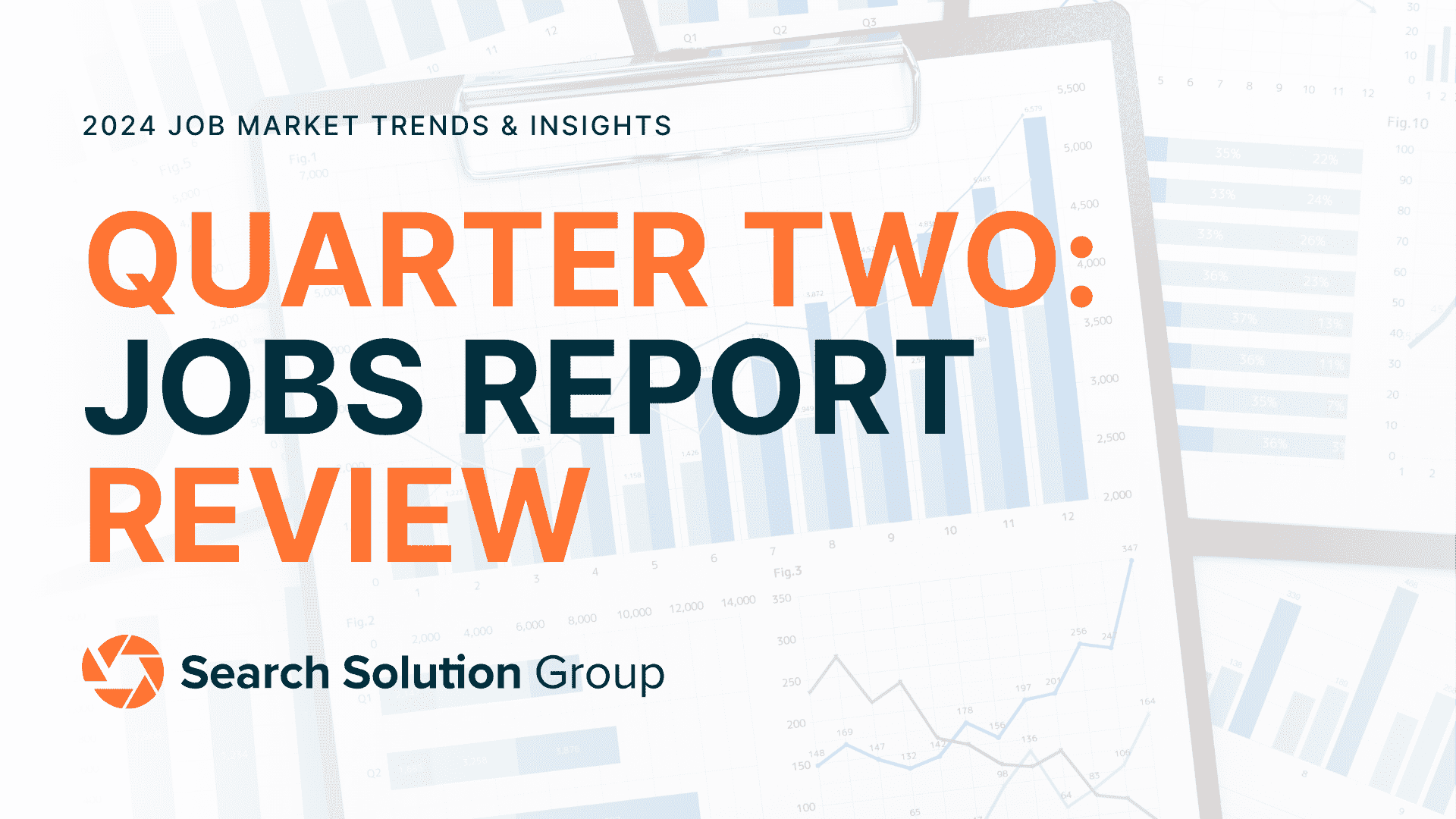Navigating the interview process can be challenging, especially when it comes to anticipating the types of questions you might be asked. Understanding different categories of interview questions and tailoring your preparation can significantly enhance your chances of success. Here’s a guide to the nine categories of interview questions you might encounter and tips on how to approach them.
Behavioral Questions
Behavioral questions are designed to understand how you acted in specific situations in the past, as past behavior often predicts future performance. For example, you might be asked, “Tell me about a time when you had to manage a difficult project. What was your approach, and what was the outcome?” To answer these questions effectively, use the STAR method (Situation, Task, Action, Result). This method helps structure your response by explaining the context of the situation, what your task was, the actions you took, and the result of those actions. This approach ensures you provide a comprehensive answer that highlights your problem-solving and critical-thinking skills.
Situational Questions
Situational questions assess how you would handle hypothetical workplace scenarios. These questions aim to gauge your problem-solving skills and foresight. For instance, you might be asked, “Imagine you are working on a project and realize the deadline is unrealistic. How would you handle this situation?” When answering, think through the scenario logically and demonstrate your ability to anticipate challenges and devise effective solutions. Highlighting your logical thinking and problem-solving capabilities will show interviewers that you can handle unexpected situations effectively.
Technical Questions
Technical questions test your technical abilities and knowledge specific to the job. These questions can be quite detailed, such as “Can you explain the process and benefits of test-driven development?” Be prepared to discuss specific technical skills and provide examples of how you’ve applied them in your work. This is your opportunity to showcase your expertise and demonstrate your proficiency in the technical aspects of the role. Make sure to highlight any relevant experience and how it aligns with the job requirements.
Competency Questions
Competency questions evaluate specific skills or abilities related to the job, such as leadership or communication. An example might be, “Can you share an experience where you had to lead a team under pressure? What was the outcome?” When answering competency questions, highlight your key competencies with concrete examples that demonstrate your effectiveness. Use these questions to showcase your leadership, teamwork, and other relevant skills that are crucial for the role you are applying for.
Cultural Fit Questions
Cultural fit questions aim to determine how well your values and behavior align with the company’s culture. For instance, you might be asked, “How do you align with our company’s mission of sustainability?” To prepare for these questions, research the company’s culture and values beforehand and relate them to your personal experiences and beliefs. Demonstrating that you share the company’s values and can contribute to its culture will make you a more attractive candidate.
Role-Specific Questions
Role-specific questions assess your understanding of and ability to perform the tasks required for the specific role. For example, in a sales role, you might be asked, “How do you handle rejection in a sales context?” Be clear about your role-related knowledge and provide relevant examples from your past experiences. These questions are your chance to show that you understand the specific demands of the job and have the necessary experience and skills to meet them.
Soft Skills Questions
Soft skills questions evaluate your interpersonal skills, such as adaptability, problem-solving, and communication. You might be asked, “How do you prioritize tasks when managing multiple projects?” When answering, demonstrate your soft skills with specific instances where these skills were crucial to your success. Highlighting your ability to manage time, communicate effectively, and solve problems will show interviewers that you have the essential soft skills needed for the role.
Motivational Questions
Motivational questions are designed to understand your motivations for applying and your career aspirations. An example question could be, “What motivates you to succeed in your career?” Be honest about your motivations and align them with the potential growth opportunities within the company. Showing that your personal goals align with the company’s vision will help interviewers see you as a committed and driven candidate.
Performance-Based Questions
Performance-based questions evaluate your ability to perform the job’s tasks based on past accomplishments. You might be asked, “Can you describe a past project that best showcases your proficiency with [specific skill or tool]?” Highlight your achievements with quantifiable results and specific examples. This is your opportunity to showcase your successes and demonstrate how your past experiences have prepared you for the role.
Tailoring Questions to Job Functions
Different roles require different types of questions. Here’s how you can prepare for interviews in various fields:
In accounting and finance, you might face behavioral questions that assess integrity and ethical decision-making in past financial scenarios. Technical questions will evaluate your understanding of financial systems, accounting principles, and compliance regulations. Competency questions will measure your analytical skills and attention to detail, while performance-based questions will determine your ability to handle complex financial tasks and deliver accurate reports.
Marketing roles often include situational questions to assess creativity and problem-solving in marketing campaigns. Technical questions will evaluate your understanding of specific marketing tools and platforms, such as digital marketing and SEO. Soft skills questions will measure your communication and teamwork skills, which are important in collaborative creative processes. Motivational questions will help interviewers understand what drives you creatively and in your career progression.
In IT, technical questions are critical for assessing your knowledge of specific programming languages, systems administration, or network security. Performance-based questions will evaluate your past experiences with managing IT projects or solving IT-related problems. Soft skills questions will determine how you manage teamwork and communicate technical information to non-technical stakeholders. Behavioral questions will provide insights into how you have dealt with past IT crises or challenges.
Human resources roles often include behavioral questions to understand how you handle conflict resolution, employee relations, and compliance issues. Competency questions will assess your skills in areas like recruitment, training, and benefits management. Cultural fit questions will ensure you align with the organizational values and can foster a positive workplace culture. Motivational questions will gauge your passion for HR and your vision for contributing to employee satisfaction.
Sales and business development roles require role-specific questions to assess your understanding of the sales process and ability to drive business growth. Performance-based questions will evaluate your past sales achievements and ability to meet sales targets. Soft skills questions will measure your negotiation skills, persuasion, and relationship building. Motivational questions will help interviewers understand your drive for sales and long-term career goals in business development.
In operations and manufacturing, technical questions will assess your knowledge of manufacturing processes, quality control, and operations management. Behavioral questions will help interviewers understand how you have handled logistical challenges or operational improvements in the past. Performance-based questions will gauge your ability to streamline operations and improve efficiency, while competency questions will evaluate your leadership and team management skills.
Engineering roles often include technical questions to assess your expertise in specific engineering fields and your understanding of engineering principles. Situational questions will evaluate your problem-solving skills and innovative thinking in hypothetical scenarios. Performance-based questions will determine your ability to apply engineering knowledge to real-world projects, while behavioral questions will help interviewers understand your approach to teamwork, project deadlines, and technical challenges.
In supply chain and logistics, technical questions will assess your knowledge of logistics software, supply chain management, and distribution methodologies. Situational questions will evaluate your decision-making in scenarios involving supply chain disruptions. Performance-based questions will assess the effectiveness of your past logistics strategies, while competency questions will measure your leadership and crisis management skills within supply chain contexts.
Customer service roles often include behavioral questions to understand how you handle customer conflicts and service challenges. Soft skills questions will measure your communication, patience, and empathy—key attributes for customer-facing roles. Role-specific questions will ensure you understand the expectations and typical challenges in customer service. Motivational questions will help interviewers understand your commitment to customer satisfaction and service excellence.
By understanding these categories and tailoring your preparation, you can confidently approach your interview and effectively showcase your suitability for the role. To explore more interview tips and enhance your career journey, check out the resources at Search Solution Group.





